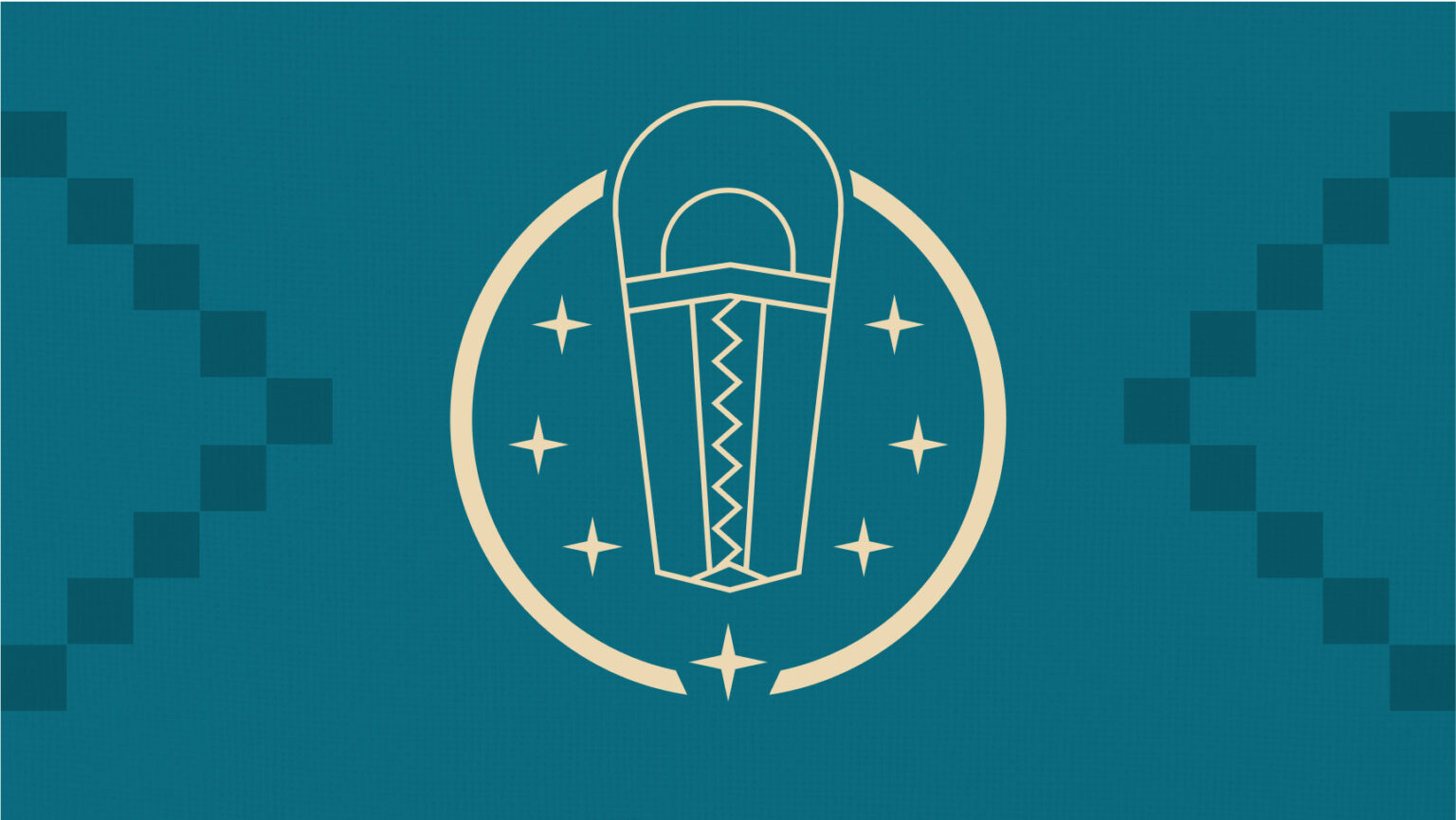Who We Are
May 2019
Getting to know Barb Gladue (Anishinaabe), Family Engagement Specialist
This month is National Foster Care Month, and at NICWA we believe culture is our strongest resource for helping families. When we educate policymakers, advocate for increased prevention services, and assist tribes in increasing their own capacity to provide services to their member children and families wherever they may live, we turn to culture as our strength. Find out more about what it’s like to work for a culturally-based organization advocating for children in the foster care system in this recent interview with Barb Gladue (Anishinaabe), NICWA’s Family Engagement Specialist.
Barb has been providing families with culturally based training such as Positive Indian Parenting, Tribal In-Home Services, and Working with Substance Abusing Families. She provides Technical Assistance to tribes through Systems of Care, including telecommunicating with tribes throughout the United States. She also does individual calls with tribal family advocates to build relationships, resilience, and the integration of services that have culture woven into them. Barb is a natural information sharer, and she provides resources to families, child welfare workers, agencies, tribes, and tribal organizations seeking to provide support and care to Native children.
What brought you to NICWA?
Barb: Learning about the vast outreach that NICWA does with Indian Country. I was really interested in touching more communities and having a more widespread influence. It was exciting to think about traveling all over Indian Country to get to know different tribes and practices and really putting cultural practices to work to support families staying together.
Why are you passionate about NICWA’s cause?
Barb: There is such a need for the work to be done and to be done by Indian people who understand the historical and intergenerational trauma. The past three generations of my family are on the path to healing. I’m passionate for personal reasons, but it’s affected the Native community at large—it’s bigger than just me, my family, my worldview. No matter how many different tribes I’ve worked with, 100% of Indian Country is affected by the intergenerational trauma. We all need that healing piece.
What would you want people to know most about family engagement work?
Barb: Your lived experience and your passion to help your community are enough. You don’t have to have a masters degree in social work to support your community and to help people change their lives. Having a bit of cultural knowledge and resources in your environment and some stick-to-itiveness means change can happen. It doesn’t happen overnight, but families have the ability to change. I’m a living example of that, so I know it’s possible. Because there is such a high rate of trauma caused by systems that serve families, trust needs to be established between the family and the family engagement staff. A strong relationship that has a foundation of trust and respect takes time to build, and we owe that to our families, to our elders, and to our children. If we put in that time, energy, and spirit, the change will be long-lasting, for many generations to come.
What words do you want to share for National Foster Care Month?
Barb: Children need to have connections to their people, to their places where their people are, and where their culture lives. Whether you are a tribal member or not, kids need the connection to where they come from to heal from trauma. Foster parents should become aware of the child’s culture, cultural practices, and, if possible, to their relatives and the place where they come from. Food, spiritual beliefs, and stories are a good place to start. Read a story to your child or play a song, it can be as simple as that. Overall, having an understanding of intergenerational trauma helps when you are supporting a child. Destigmatize yourself when it comes to what you think about addiction, a child’s race or behavior.
Thank you, Barb, for sharing about your work helping families!

Barb and her Positive Indian Parenting mentor, Lorraine Brave

Tribal Systems of Care Grantees

Barb leading a training at a NICWA Training Institute
